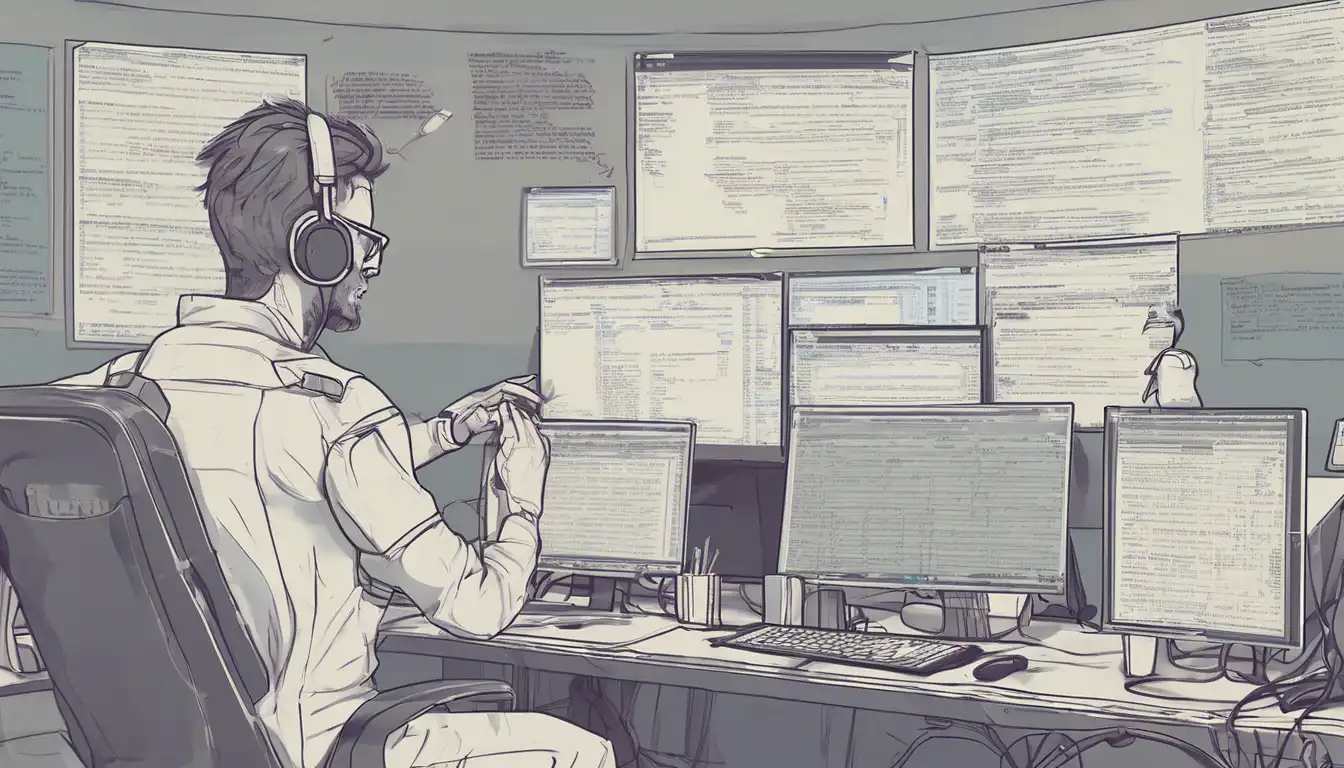Introduction to Professional Code Debugging
Debugging is an essential skill for any programmer, yet many struggle with it. This guide will walk you through the professional techniques to identify and fix bugs in your code efficiently.
Understanding the Debugging Process
Before diving into debugging, it's crucial to understand what it entails. Debugging is the process of identifying, analyzing, and removing errors or bugs from software or hardware.
Essential Tools for Debugging
Several tools can make debugging easier. Integrated Development Environments (IDEs) like Visual Studio Code and IntelliJ IDEA come with built-in debuggers. Other tools include:
- Debugging software (e.g., GDB, WinDbg)
- Logging frameworks (e.g., Log4j, Serilog)
- Performance profiling tools (e.g., VisualVM, dotTrace)
Step-by-Step Debugging Techniques
Follow these steps to debug your code like a pro:
- Reproduce the Bug: Ensure you can consistently reproduce the bug to understand its behavior.
- Understand the Code: Familiarize yourself with the codebase to pinpoint where the bug might be.
- Use Breakpoints: Set breakpoints in your IDE to pause execution and inspect variables.
- Check Logs: Review application logs for any errors or unusual behavior.
- Isolate the Problem: Narrow down the issue to a specific function or line of code.
- Fix and Test: After fixing the bug, test your solution thoroughly to ensure it works.
Common Debugging Pitfalls to Avoid
Even experienced developers can fall into common debugging traps. Avoid these mistakes:
- Not taking breaks when stuck, leading to frustration.
- Making assumptions without verifying them.
- Overlooking simple solutions or typos.
Advanced Debugging Strategies
For more complex issues, consider these advanced strategies:
- Binary Search: Comment out half of your code to isolate the bug.
- Rubber Duck Debugging: Explain your code line by line to an inanimate object.
- Pair Programming: Collaborate with a colleague to gain a fresh perspective.
Conclusion
Debugging is a skill that improves with practice and patience. By using the right tools and techniques, you can solve problems more efficiently and become a more proficient developer. Remember, every bug you fix makes you a better programmer.
For more tips on improving your coding skills, check out our coding best practices guide.
